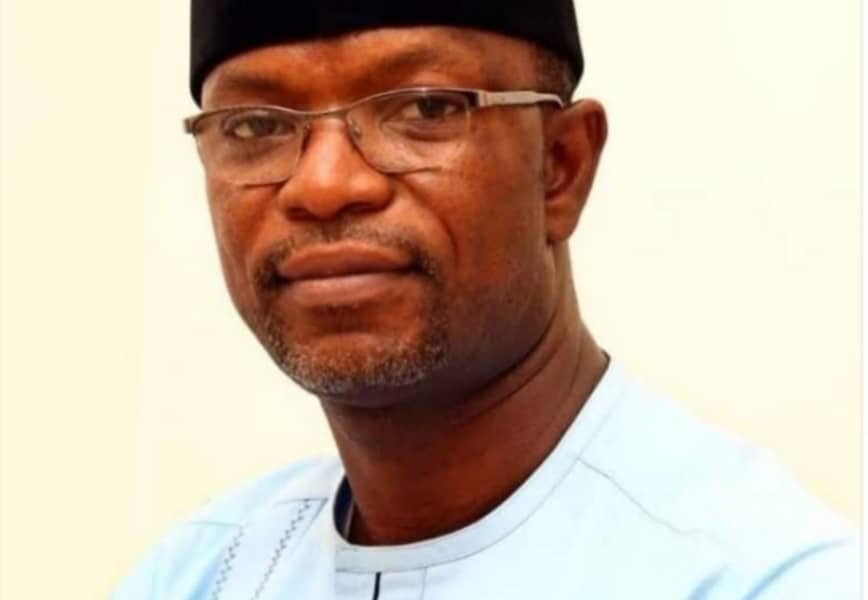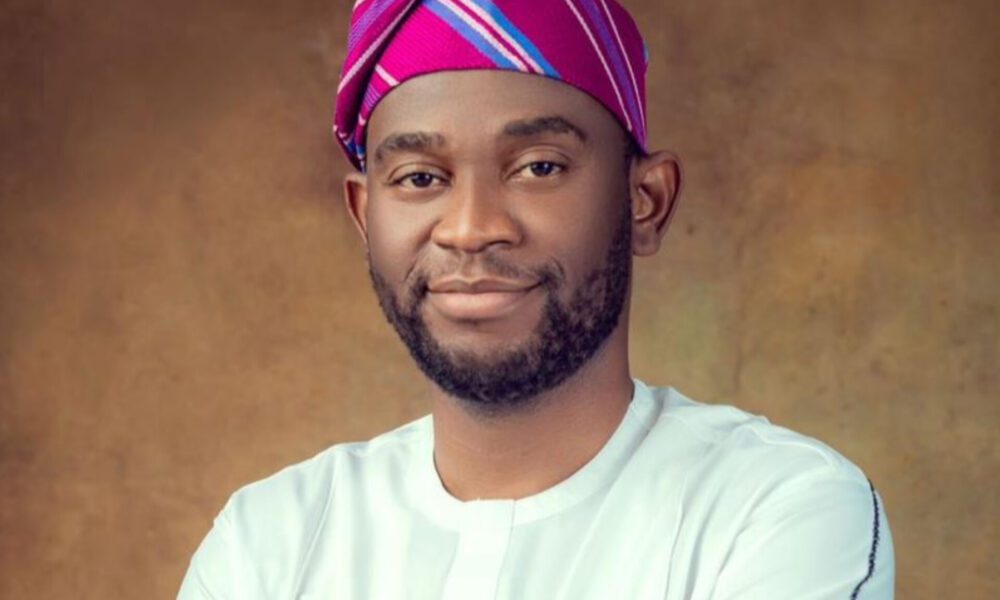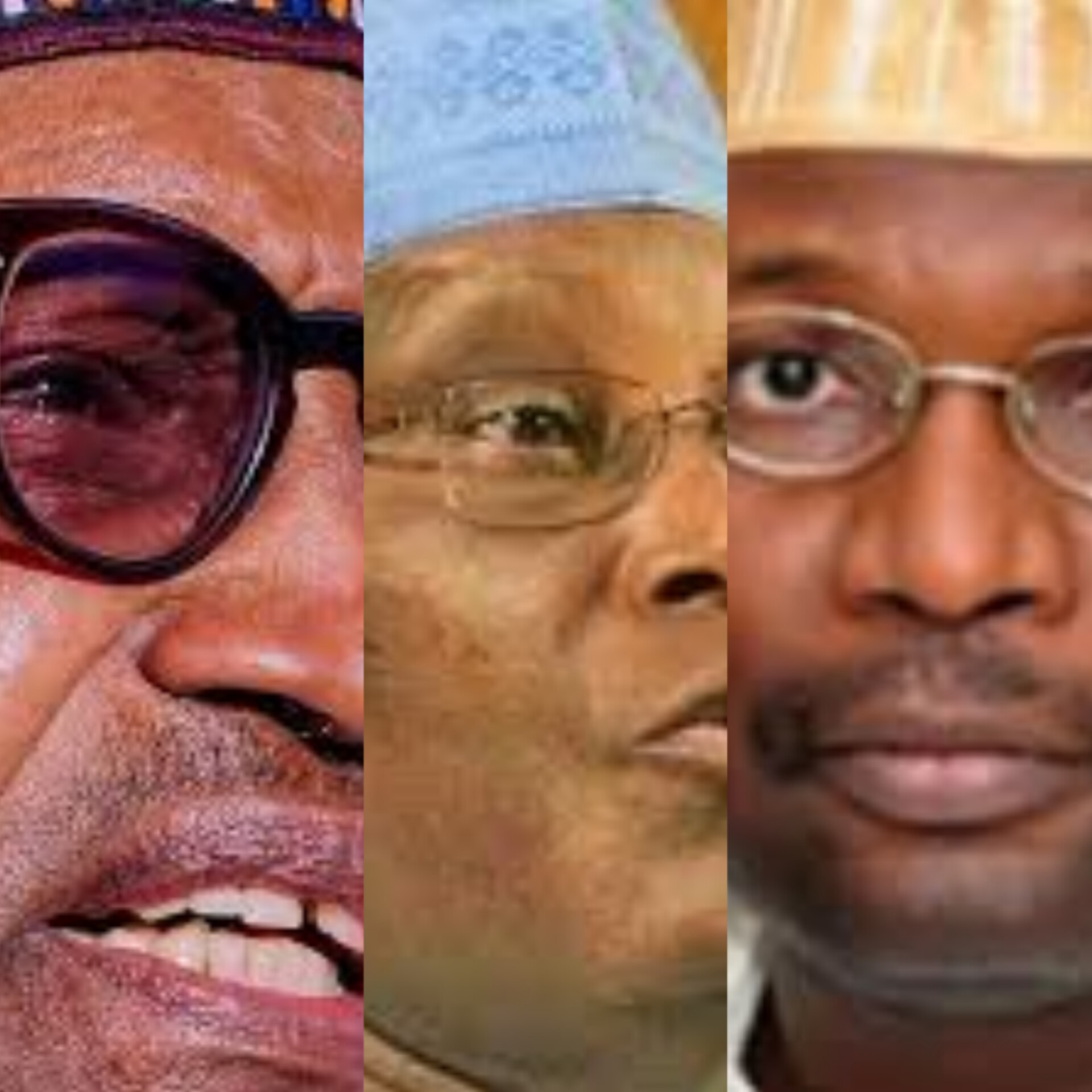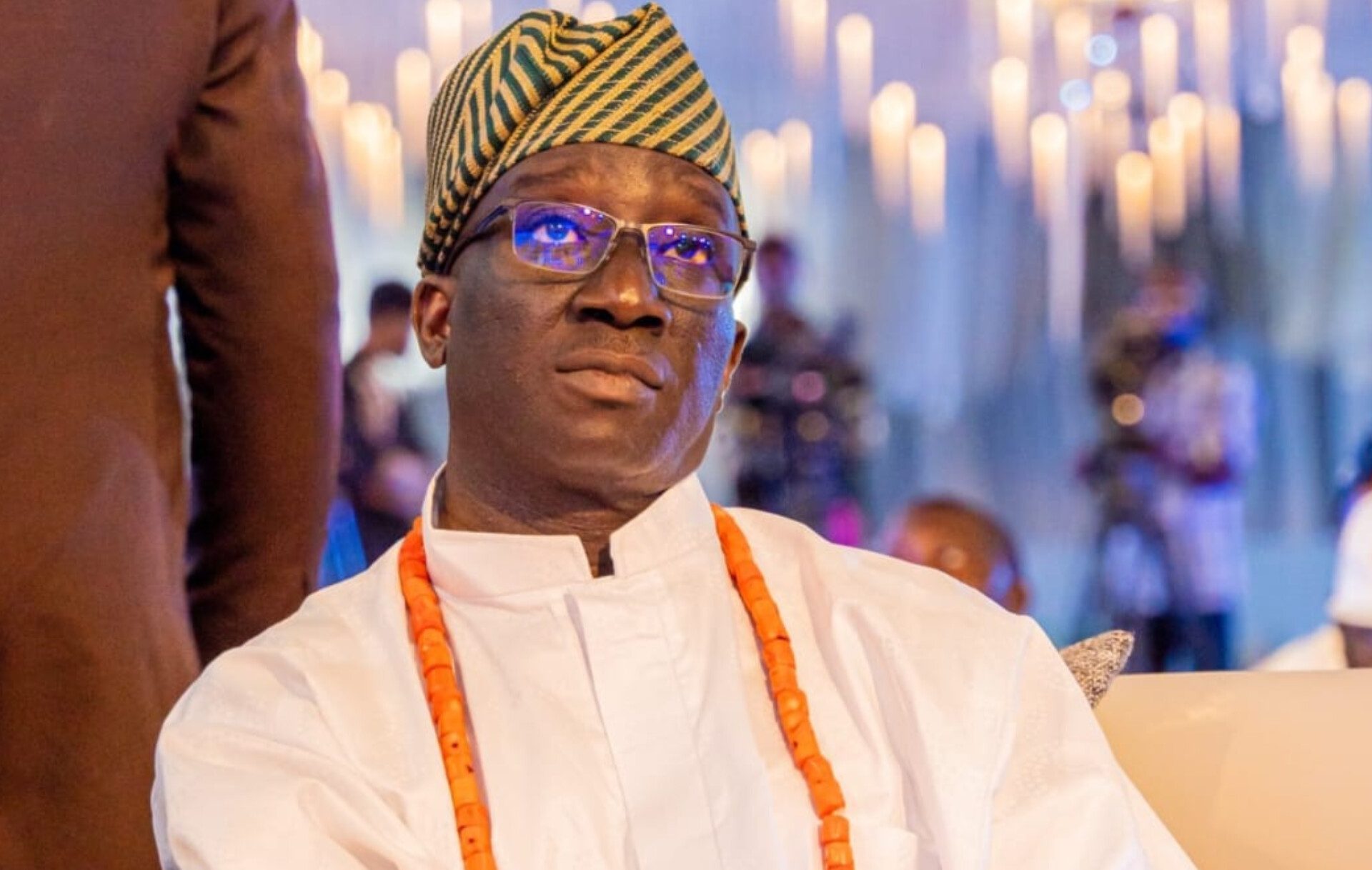By Yisa Usman FCA, FCTI
Senator Adams Oshiomhole has long been known for his rare courage in speaking out against societal injustices. From his tenure as a labour leader to his time as a state governor, he has consistently demonstrated an unwavering commitment to truth and justice, regardless of the interests at stake. His recent remarks on the floor of the National Assembly regarding Nigeria’s enduring electricity crisis serve as yet another testament to this legacy.
Oshiomhole’s personal account of his struggles with the nation’s electricity problems resonates deeply with many Nigerians who have faced similar challenges. His insights into the heavy sacrifices placed on ordinary citizens, often forced to finance infrastructure for power companies, reveal a glaring injustice in the system.

In Mab Global Estate, Abuja, for instance, homeowners had to pool their resources to develop essential infrastructure such as electricity, drainage channels, and access road networks. These responsibilities, which should ideally be handled by the government, have been unfairly shifted to citizens, who already pay taxes with the expectation of receiving basic amenities in return. To add to the burden, the government imposes additional levies like tenement rates and ground rents, with threats of legal action for noncompliance. Despite these personal investments, the electricity infrastructure ultimately becomes the property of the Electricity Distribution Company (Discos), raising important questions about the ownership and valuation of these assets. Are they considered purchases or donations? How much of Discos’ infrastructure is funded by citizens?
Senator Oshiomhole also highlighted an eye-opening example from his home state, where electricity infrastructure appears to be monopolized by a family business. This brings up a larger question: Why should the fate of millions of Nigerians be controlled by a few private families? Shouldn’t electricity be managed as a public service, similar to water corporations, to ensure fairness and accountability?
The privatization of Nigeria’s electricity sector, while well-intentioned, seems to have exacerbated existing issues. While citizens hoped for an improved electricity supply, they were instead met with persistent power outages and a burdensome tariff system that fails to account for the harsh realities faced by ordinary Nigerians. The imposition of these tariffs has not taken into consideration the financial strain on citizens, especially when the value of the minimum wage has significantly decreased over time. The introduction of tariff bands has not done enough to address the erratic power supply as the marginal improvements recorded remain a function of the water level, which is seasonal.
Why, then, should a private company collect payment for services it fails to deliver, particularly when citizens are left to shoulder the burden? As Senator Oshiomhole rightly pointed out, Nigerians are often forced to purchase their own transformers, negotiating and paying the distribution companies directly for their installation and connection. Even after these personal investments, the transformer remains the property of the distribution company. To add insult to injury, the monthly bills continue to roll in, disregarding the initial sacrifices made on the infrastructure by the citizens.
State governors have also taken it upon themselves to purchase transformers for their communities, only for the distribution companies to demand additional payments to complete the connections. If transformers and cables, which are the essential components of electricity provision, are being funded by citizens, state governments, and community representatives, what exactly are the Discos contributing?
If privatization was meant to inject private capital into the sector, how have the Discos fulfilled this goal? Many of these companies are known to thrive on facilities often backed by depositors’ money, which has led to the collapse of some financial institutions. Moreover, it is concerning that these companies have invested far less of their own capital than they originally pledged.
The puzzling disclosure that there is no governing board overseeing the operations of the distribution companies, despite the Nigerian government’s significant stake, raises serious concerns about corporate governance and calls for immediate reform. Corporate governance regulates the relationships between a company’s stakeholders, including its creditors, employees, shareholders, management, governments, and other internal and external interests. It is a framework that ensures corporate control and forbids misuse. The seeming lack of this highlights the inefficiencies and contradictions inherent in the privatization model and underscores the urgent need for reform in the way electricity services are managed in Nigeria.
Senator Oshiomhole’s intervention serves as a powerful call for a policy shift. Electricity should be treated as a basic necessity and made affordable for all citizens. While privatization is not inherently flawed, the regulatory framework must be robustly enforced to ensure fairness. Citizens who invest in procuring infrastructure, such as transformers that eventually become the property of electricity companies, should be compensated. Furthermore, these costs should be reflected in the tariff system to ease the financial burden on consumers.
The fundamental issues raised by Senator Oshiomhole demand urgent attention. The Senate’s rapt engagement with his presentation, led by the Senate President, is a hopeful sign. With the collective resolve of our leaders and citizens, we can address these systemic injustices and create a future where electricity is no longer a privilege but a right for all.
The time to act is now. The history we write today will shape the legacy we leave for future generations.
Yisa Usman is a Fellow of the Institute of Chartered Accountants of Nigeria (ICAN), a Fellow of the Chartered Institute of Taxation of Nigeria (CITN), and a doctoral candidate at the Nigerian Defence Academy, Kaduna. Contact: topusman@gmail.com; 08037050981.




